Resources
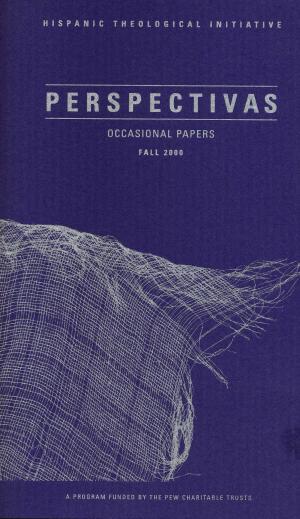
Journal Issue.
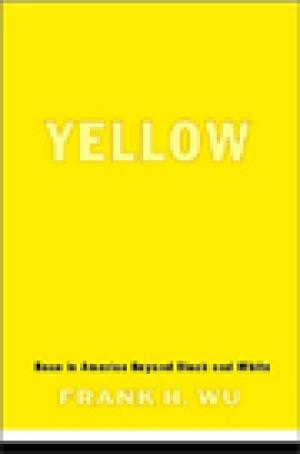
This explosive book examines the current state of civil rights in the U.S. through the unique experiences of Asian Americans. In the tradition of W.E.B. Du Bois, Cornel West, and other public intellectuals who have confronted the "color line" of the twentieth century, journalist, scholar, and activist Frank H. Wu offers a unique perspective on how changing ideas of racial identity will affect race relations in the new century. Often provocative and always thoughtful, this book addresses some of the most controversial contemporary issues: discrimination, immigration, diversity, globalization, and the mixed race movement, introducing the example of Asian Americans to shed new light on the current debates. Mixing personal anecdotes, social science research, legal cases, history, and original journalistic reporting, Wu tackles Asian American stereotypes like "the model minority" and "the perpetual foreigner," and shows how these seemingly innocuous concepts have harmed individuals and damaged relations between communities. By offering new ways of thinking about race in American society, Wu's work challenges us to make good on our great democratic experiment. (From the Publisher)
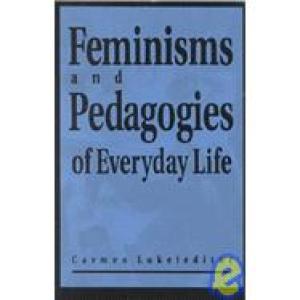
From the Publishers Despite the intimidating reference to pedagogy in the title, the anthology is true to the encompassing notion of feminism as a foundation from which theories and disciplines can emanate in order to voice a variety of experience. The American, British, and Australian scholars provide compelling essays on identity, friendship, motherhood, hunger, the media, parenting, childcare, shame, and the silencing influences of legal systems and the academy. Unusual for this type of collection is a lone wolf contribution about learning to be a man--the "other half" viewpoint by which feminism marks its progress.
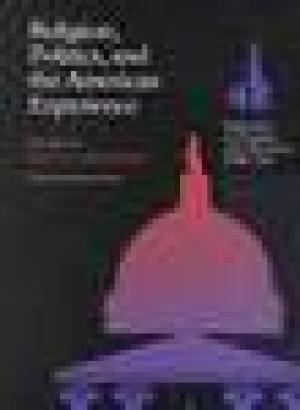
This challenging collection of essays offers a refreshing approach to the troubling--and timely--subject of religion and public policy in America, and the ways in which issues of church and state affect our national identity. The result of a series of conferences on religion and politics conducted by the Public Religion project at the University of Chicago, funded by a grant from the Pew Charitable Trust, this collection brings together an extraordinarily diverse set of contributors. Represented within its pages are the ideas and opinions of scholars, politicians, and religious leaders with backgrounds in law, politics, history, and divinity, among them Senator Paul Simon of Illinois. With its wide range of critical approaches and varied perspectives, this volume makes a vibrant contribution to the national dialogue on politics and religion. Chief among the essay topics are the evangelical roots of American political life; early conflicts between Enlightenment thinking and spiritual impulses in developing a national identity; the practical problems that today's politicians face in campaigning; the impact of constitutional and legal language regarding our definitions of religion; and the way in which the media's treatment of our spiritual life frames our perceptions of it. These thought-provoking essays will inspire readers to rethink, argue, perhaps act, but most importantly, to converse about this timely and important issue. This volume will have wide cross-disciplinary appeal. Students and scholars of history, religious studies, and political science will find great value within its pages, as will scholars of divinity and law, and members of this general public concerned with the intersection of faith and politics in American life. (From the Publisher)
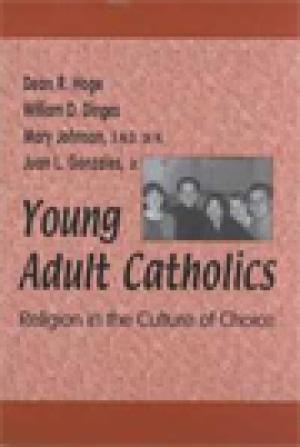
"Leaders of the American Catholic community want to and need to reach out to young adults. But effective ministry to young adults depends on an understanding of the attitudes and the needs of the current generation of Catholics in their 20s and 30s. This is why Dean Hoge, William Dinges, Mary Johnson, and Juan Gonzales began their study of young adult Catholics. How do they actually live their Catholicism? Are they alienated from the church? Are they cynical about the church's moral teachings? Do they take the pope's statements seriously? Do they attend Mass? Have significant numbers left for other churches? Do they want Catholic education for their children?" Seeking answers to these and other questions, the authors conducted a national survey in 1997, supplemented by a telephone survey and then by personal interviews with over 800 men and women across the country. The interviews put a human face on the information provided, and they form a compelling part of this timely narrative. Of special interest is the focus on Latino Catholics. The authors underscore observations that include the strength and tenacity of Catholic identity in spite of many challenges, the high level of personal decision making among those interviewed and surveyed, and the readiness of young Catholics for institutional reforms. (From the Publisher)
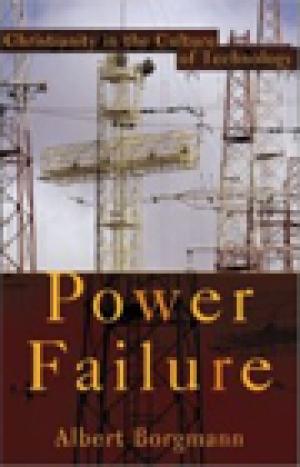
We live in a culture defined and sustained by technology. Usually we equate this access to technology with opportunity, affluence, even happiness: the good life. Albert Borgmann's Power Failure raises some crucial, if disconcerting, questions: If technology liberates us, exactly what kind of liberation does it promise? Do we really feel free? Are we prospering, and by what definition? Borgmann looks at the relationship between Christianity and technology by examining some of the invisible dangers of a technology-driven lifestyle. Specifically, he points out how devices and consumption have replaced physical things and practices in everyday life. Power Failure calls us to vigorous Christian practice in a technological age. These practices include citizen-based decision making, communal celebrations, and a vital connection with the table and the word through daily shared meals and the discipline of reading. Examining the influences that shape people, this unique and insightful text will appeal to anyone interested in technology, philosophy, or cultural critique. Chapters include The Moral Significance of the Material Culture, Contingency and Grace, Power and Care, and The Culture of the Word and the Culture of the Table. (From the Publisher)
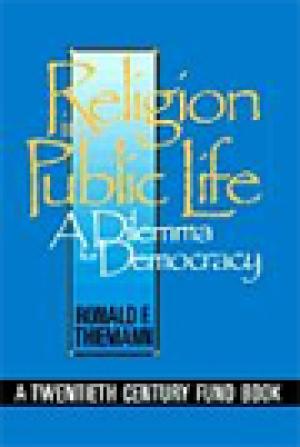
Prayer in public schools, abortion, gay and lesbian rights - these bitterly divisive issues dominate American politics today, revealing deep disagreements over basic moral values. In a highly readable account that draws on legal arguments, political theory, and philosophy, Ronald F. Thiemann explores the proper role of religious convictions in American public life. He proposes that religion can and should play an active, positive part in our society even as it maintains a fundamental commitment to pluralist, democratic values. Arguing that both increased secularism and growing religious diversity since the 1960s have fragmented commonly held values, Thiemann observes that there has been an historical ambivalence in American attitudes towards religion in public life. He proposes abandoning the idea of an absolute wall between church and state and all the conceptual framework built around that concept in interpreting the First Amendment. He returns instead to James Madison's views and the Constitutional principles of liberty, equality, and toleration. Refuting both political liberalism (as too secular) and communitarianism (as failing to meet the challenge of pluralism), Thiemann offers a new definition of liberalism that gives religions a voice in the public sphere as long as they heed the Constitutional principles of liberty, equality, and toleration or mutual respect. The American republic, Thiemann notes, is a constantly evolving experiment in constructing a pluralistic society from its many particular communities. Religion can act as a positive force in its moral renewal, by helping to shape common cultural values. All those interested in finding solutions to today's divisive political discord, in finding ways to disagree civilly in a democracy, and in exploring the extent to which religious convictions should shape the development of public policies will find that this book offers an important new direction for religion and the nation. (From the Publisher)